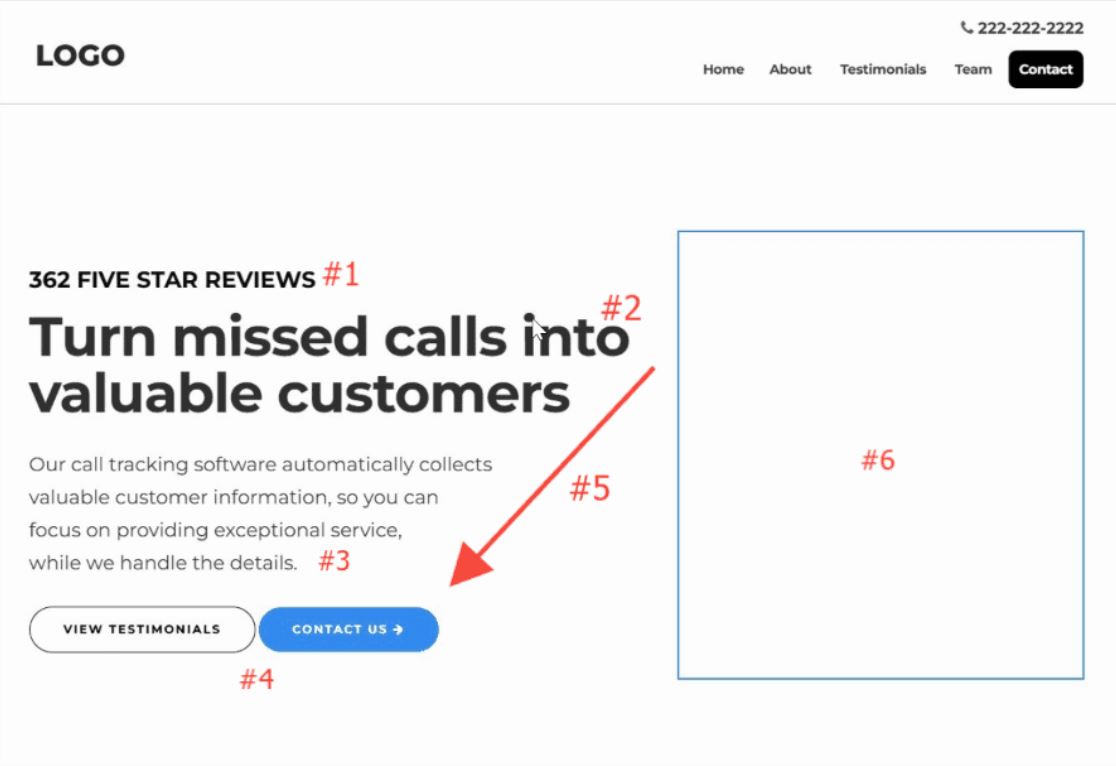What is the difference between WordPress.com and WordPress.org
February 11, 2023

WordPress powers over 40% of all websites on the internet, making it one of the most popular content management systems (CMS) in the world. However, new users often get confused by the two main versions of WordPress: WordPress.com and WordPress.org. Although they share the same core software, the two platforms are vastly different in terms of functionality, flexibility, and hosting requirements. In this article, we’ll explore the key differences between WordPress.com and WordPress.org to help you choose the best platform for your needs.
1. Overview of WordPress.com
WordPress.com is a hosting service created by Automattic, the company led by WordPress co-founder Matt Mullenweg. It provides a simplified version of the WordPress software, which allows users to create and manage websites without dealing with technical aspects like hosting and maintenance. Here are some key features and statistics of WordPress.com:
Key Features of WordPress.com
- Free Hosting: WordPress.com offers free hosting for basic websites. Paid plans are available for additional features.
- Automatic Updates: The platform handles all updates and security, so users don’t have to worry about maintaining their site.
- Limited Customization: Free and lower-tier plans have limited customization options and restrict access to plugins and themes.
Fact: WordPress.com hosts approximately 37 million websites and is often chosen by beginners who want a hassle-free experience with minimal maintenance.
Pros of WordPress.com
- Easy to Use: Ideal for beginners as it requires minimal technical knowledge.
- No Hosting Required: WordPress.com handles all hosting needs, saving users the cost and effort of finding a hosting provider.
- Maintenance-Free: Updates and backups are managed by WordPress.com, so users don’t have to worry about site maintenance.
Cons of WordPress.com
- Limited Customization: Free and lower-tier plans restrict users from installing custom themes and plugins.
- Branding: The free plan includes WordPress.com ads and branding, which can only be removed with paid plans.
- Limited Monetization Options: Monetization options are restricted to higher-tier paid plans.
2. Overview of WordPress.org
WordPress.org is the self-hosted version of WordPress. It’s an open-source CMS that users can download for free and install on their own hosting provider, giving them full control over their website’s design, functionality, and monetization. WordPress.org is more flexible than WordPress.com, but it requires users to manage their own hosting, security, and updates.
Key Features of WordPress.org
- Full Customization: Users have complete control over their site, including access to thousands of free and premium plugins and themes.
- Monetization Freedom: Self-hosted sites can use ads, affiliate marketing, and other monetization methods without restrictions.
- Advanced Functionality: WordPress.org offers powerful features and tools that are ideal for eCommerce, membership sites, and complex websites.
Fact: WordPress.org powers over 60 million websites globally, including some of the largest sites on the internet, such as TechCrunch, BBC America, and The Walt Disney Company.
Pros of WordPress.org
- Complete Control: Users have full control over their website’s design, plugins, and customizations.
- Monetization Flexibility: No restrictions on monetization methods, including ads and affiliate links.
- Access to SEO Tools: Self-hosted WordPress allows access to SEO plugins like Yoast SEO, giving users better control over their site’s search engine optimization.
Cons of WordPress.org
- Hosting and Maintenance: Users are responsible for finding and paying for their own hosting provider, as well as handling site updates and security.
- Learning Curve: Requires a basic understanding of web hosting, FTP, and database management.
- Cost: Although WordPress.org software is free, users will need to pay for hosting, premium themes, and plugins, which can add up.
3. Key Differences Between WordPress.com and WordPress.org
Now that we’ve covered an overview of both platforms, let’s break down the key differences between WordPress.com and WordPress.org in a side-by-side comparison:
| Feature | WordPress.com | WordPress.org |
|---|---|---|
| Hosting | Included (WordPress.com hosts your site) | Self-hosted (users must find their own hosting provider) |
| Cost | Free and paid plans available | Free software, but users pay for hosting and other tools |
| Customization | Limited (full customization only on higher-tier plans) | Full control over themes, plugins, and code |
| Monetization | Limited to paid plans | Full freedom to monetize through ads, affiliate marketing, etc. |
| Updates and Security | Managed by WordPress.com | Managed by the user (or hosting provider) |
4. Which Platform is Right for You?
The choice between WordPress.com and WordPress.org depends on your goals, budget, and technical skills. Here’s a guide to help you decide:
4.1 When to Choose WordPress.com
WordPress.com is ideal if:
- You’re new to website creation and want a simple, low-maintenance option.
- You don’t need extensive customization options.
- Your budget is limited, and you’re comfortable with the free plan or low-cost paid plans.
- You’re creating a personal blog, portfolio, or small website with basic features.
4.2 When to Choose WordPress.org
WordPress.org is best if:
- You want full control over your website’s design and functionality.
- You’re planning to monetize your site through ads, affiliate links, or eCommerce.
- You need access to advanced tools and plugins for SEO, analytics, and more.
- You have a budget for hosting and can manage the technical aspects of website maintenance.
5. Cost Comparison
Let’s compare the potential costs for each platform:
WordPress.com Costs
- Free Plan: Limited features, includes WordPress.com branding and ads.
- Personal Plan: $4/month, includes a custom domain and removes ads.
- Premium Plan: $8/month, includes more customization options and basic monetization tools.
- Business Plan: $25/month, includes custom plugins and themes, advanced SEO tools, and eCommerce integration.
WordPress.org Costs
- Hosting: $3–$30/month
depending on the provider and hosting type. - Domain Name: $10–$15/year, unless included with hosting.
- Themes and Plugins: Free options available; premium themes typically cost $30–$100, and plugins can range from free to $50+.
6. Common Misconceptions
Let’s address a few misconceptions that often confuse new users:
- Misconception 1: WordPress.com and WordPress.org are owned by the same company. While both use the WordPress software, WordPress.com is owned by Automattic, whereas WordPress.org is a free, open-source project managed by the WordPress Foundation.
- Misconception 2: WordPress.org requires coding skills. While coding knowledge can be helpful, many users successfully manage WordPress.org sites using themes and plugins without touching code.
Both WordPress.com and WordPress.org offer unique advantages, and the right choice depends on your needs, budget, and experience level. WordPress.com is great for beginners looking for simplicity and minimal maintenance, while WordPress.org offers the flexibility and control needed for full website customization and monetization. Understanding the differences between these two platforms can help you choose the best path for your website’s success.





